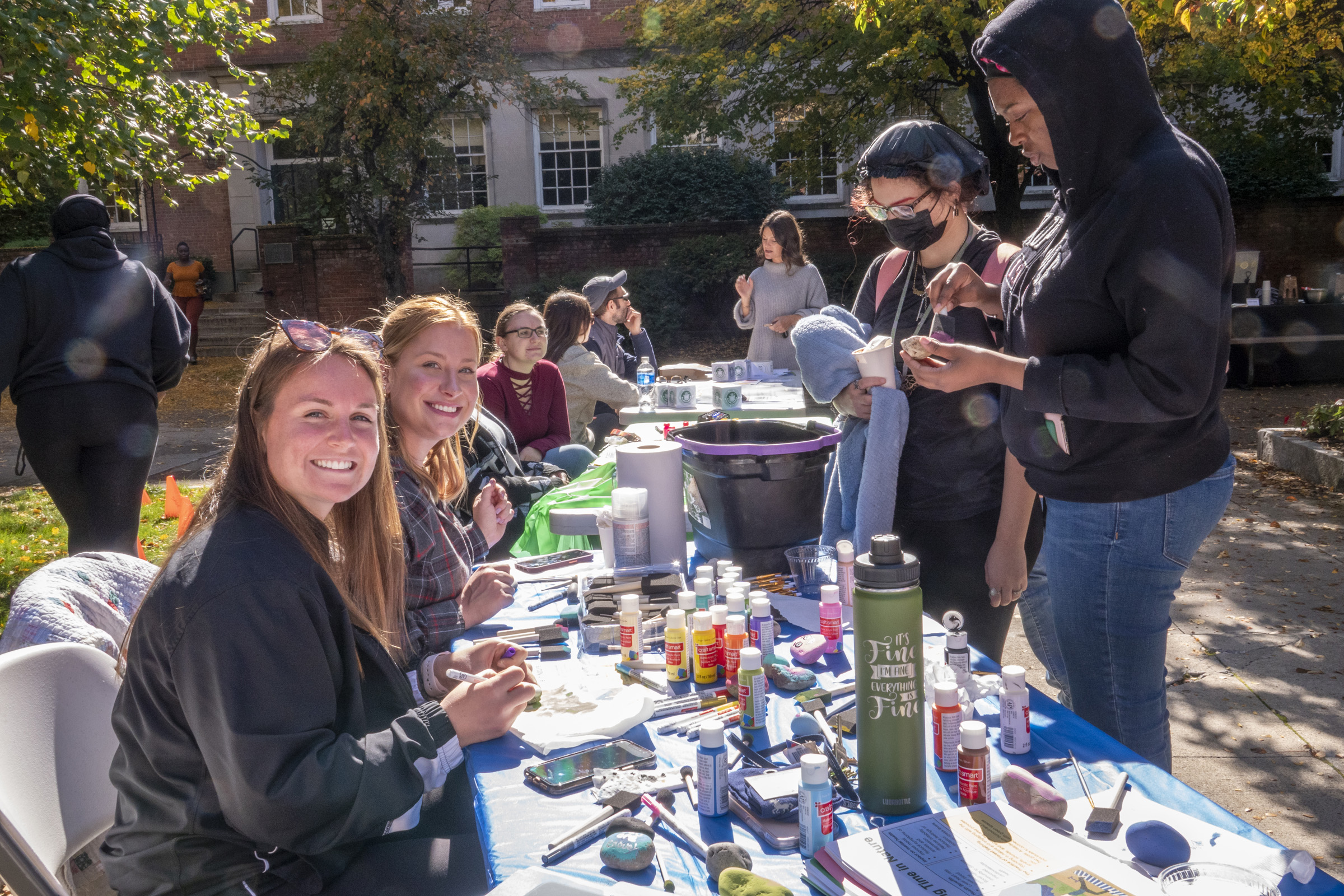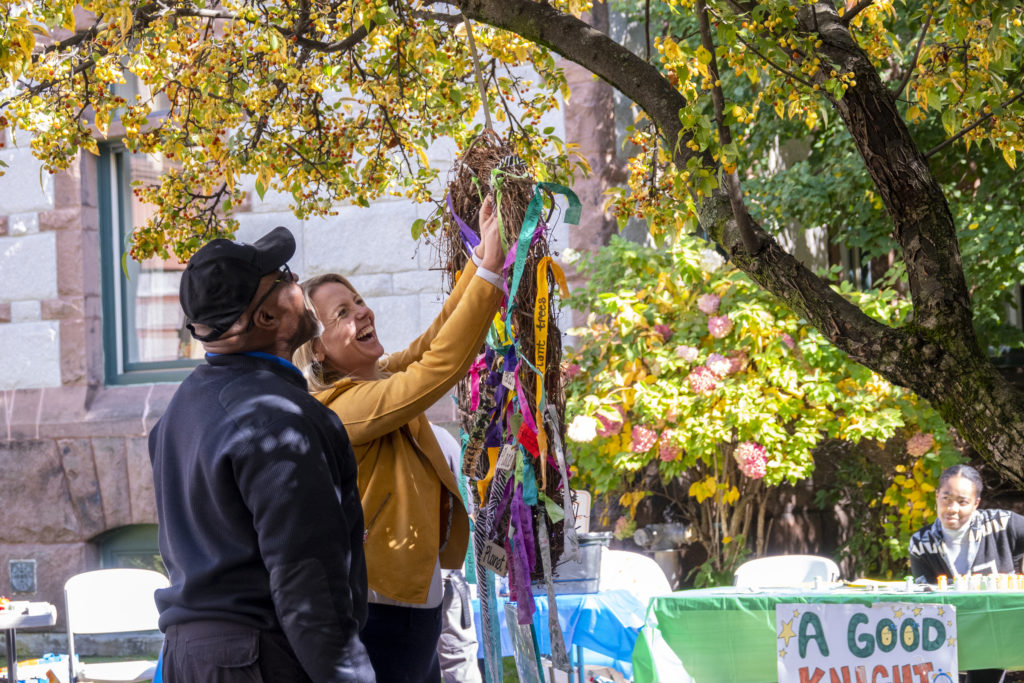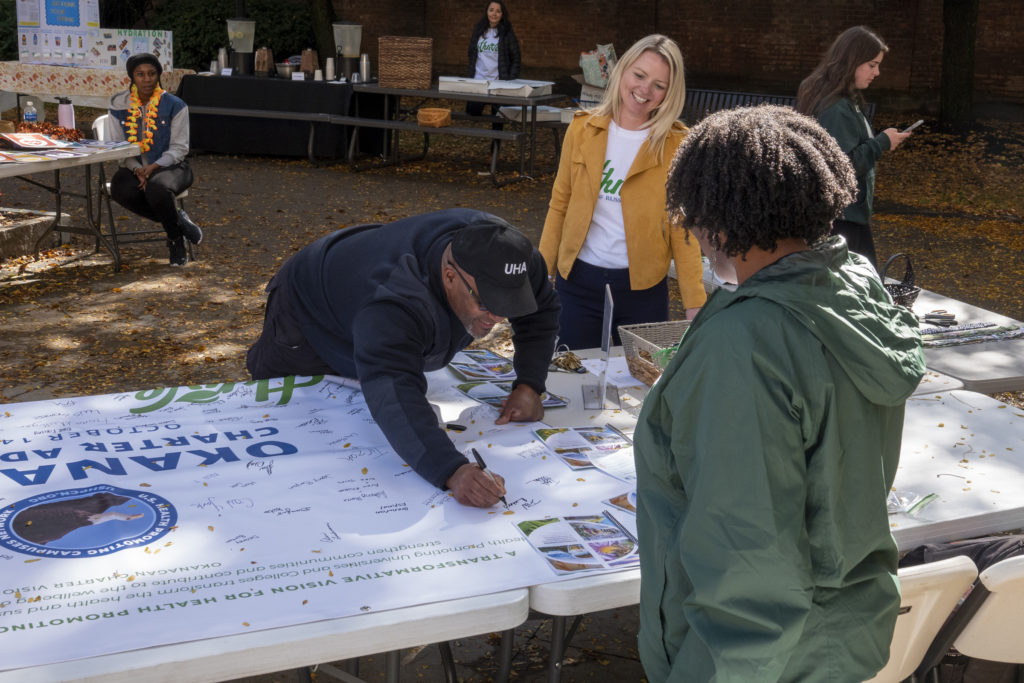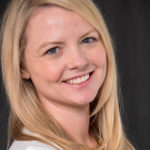- Go To Home
- A Supportive Path for The College of Saint Rose Students to Russell Sage College
- Advising FAQs
- Beacon Alert
- Conferencing & Event Services
- Download Your FAFSA Checklist
- Events
- Gator Gateway
- Graduate Programs
- Health Professions at Russell Sage College
- Introducing…The Gator Gateway
- Join Us for Sage Engage
- Pick your favorite Russell Sage College T-Shirt Design
- Russell Sage Blog
- Thank You!
- The David Pope Case: A Journey from Cold Case to Conviction
- The Russell Sage College I Can Achieve a Nursing Degree (ICAN) program
- Undergraduate Programs
- About
- Why Sage?
- Mission & History
- Fast Facts
- Leadership
- Accolades & Accreditations
- Resources & Initiatives
- The Women’s Institute
- Diversity, Equity & Inclusion
- Diversity, Equity & Inclusion Past Events
- Diversity, Equity & Inclusion Subcommittees
- Gender Policy & LGBTQ Resources
- Holiday, Religious, and Faith 2023 – 2024
- Priority 1: Growing Leadership
- Priority 2: Increasing Access and Success
- Priority 3: Welcoming Campus Climate
- Priority 4: Attract, recruit, support and develop a diverse community
- Priority 5: Institutional Infrastructure
- Tobacco-Free Campus
- Greener Sage
- Consumer Information
- Conferencing & Events
- Maps & Directions
- Work at Sage
- Offices & Centers
- Academics
- Flex Format School of Management Graduate Programs
- Academic Calendar
- Program Finder
- List of Academic Programs
- General Education
- Courses & Catalogs
- Print Services
- Schools
- School of Arts & Sciences
- Esteves School of Education
- School of Health Sciences
- Admission
- Curriculum
- Mission & Philosophy
- Partnerships
- Accelerated 3+2 M.S.
- Faculty & Staff
- Biology Program
- Health Sciences Program
- Nursing Programs
- Occupational Therapy
- Nutrition Programs
- Doctor of Occupational Therapy (OTD) Program
- Doctor of Physical Therapy Programs
- Post-Baccalaureate Pre-Medical Studies
- Psychology Programs
- Forensic Mental Health Program
- School of Management
- Evening & Weekend Programs
- Online Programs
- Academic Resources
- Office of the Registrar
- Libraries
- Accreditations & Affiliations
- Student Accounts
- Student Services
- Advisement & Support
- Research
- Centers of Inquiry
- Council for Citizenship Education
- Dawn Lafferty Hochsprung Center for the Promotion of Mental Health & School Safety
- The Helen M. Upton Center for Women’s Studies
- The Kathleen A. Donnelly Center for Undergraduate Research
- Sage Climate Crisis Educational Center
- Sage-SIFT Alliance
- The Center for Teaching & Learning
- Institutional Review Board
- Rubin Community Fellows Program
- Broughton Graduate Fellowship
- Find Funding Sources
- Centers of Inquiry
- Special Opportunities
- Faculty
- Admission & Aid
- Undergraduate Admission
- Graduate Admission
- Apply
- Request Info
- Visit, Events & Virtual Tours
- Evening, Weekend & Online Programs
- Financial Aid & Affordability
- How to Find College Scholarships
- What to Know About the New Free Application for Federal Student Aid (FAFSA)
- Approved Certificate Programs
- First-Year Tuition, Housing and Meals, Scholarships, and Financial Aid
- Transfer Tuition, Housing and Meals, Scholarships, and Financial Aid
- Graduate Tuition and Financial Aid
- Tuition & Fees
- Financial Aid Resources
- Graduate Assistantships
- State & Federal Aid
- Institutional Aid & Scholarships
- Financial Aid FAQ
- Meet the Financial Aid Staff
- Federal Student Loan Forgiveness Programs
- Student Life
- Student Life Office
- Residence Life
- Wellness Center
- Clubs & Activities
- Spirituality Center
- Diversity, Equity, and Inclusion
- Diversity, Equity & Inclusion Coalition Members
- Diversity, Equity & Inclusion Faculty Liaisons
- Sage Allies
- Title IX
- What Is Title IX?
- Top 10 Things Students Should Know About Sage’s Title IX Process
- Top 10 Things Employees Should Know About Sage’s Title IX Process
- Students’ Bill of Rights
- Policies & Procedures
- Faculty and Staff Resources for Sexual Assault Prevention and Response
- Reporting Rights
- Reporting & Confidential Resources
- Campus Climate Executive Summary
- It’s On Us: Sexual Assault Prevention
- Career and Self-Discovery Center
- Bookstores
- The Rev
- News & Events
- Alumnae/i
- Home
- Sitemap
- New Student Welcome
We Thrive@Russell Sage
Building on our reputation in the health sciences, Thrive@Russell Sage extends into and beyond the classroom to help members of the Sage community achieve the 8 Dimensions of Wellness: physical, emotional, social, intellectual, environmental, spiritual, vocational, and financial.

Thrive@ Russell Sage Commitment
Our commitment to wellness and well-being is based on the following beliefs:
- Well-being and health require knowledge and liberal learning skills.
- Individual wellness depends on social structures and a just society.
- Gender equity and inclusion are part of a healthy community.
- Healthy societies are diverse, inclusive and welcome the creativity of all persons.
- Individual health is dependent on the health of the planet.
The Okanagan Charter
In October 2022, Russell Sage signed the Okanagan Charter, formalizing Sage’s membership in the U.S. Health Promoting Campuses Network. Sage was the 11th academic institution in the United States and the second institution in New York state to sign the charter.
Why the Okanagan Charter Matters
The Okanagan Charter calls on post-secondary schools to “embed health into all aspects of campus culture and to lead health promotion action and collaboration locally and globally.”
The charter’s name reflects its origins on the University of British Columbia’s Okanagan campus in the territory of the Okanagan Nation.




How Are Your Eight Dimensions?
Thrive@Russell Sage put together Sage-specific definitions of the Eight Dimensions of Wellness that will help build a healthier Russell Sage College.
- Physical: Recognize the need for physical activity, diet, sleep, and nutrition to achieve a fulfilling and sustainable life.
- Emotional: Develop a positive self-image and relationship with others that leads to the ability to respond effectively to life’s circumstances.
- Social: Develop positive meaningful interpersonal relationships and an evolving collaborative support system.
- Intellectual: Employ creative abilities and adaptive skills, theories, or methodologies gained in one situation to new situations to explore important issues, solve complex problems, and develop creative solutions.
- Occupational: Develop satisfaction and balance with one’s personal and professional life.
- Spiritual: Experience a sense of deep meaning and purpose in life that leads to a guiding set of principles and values that give direction to one’s life.
- Financial: Develop economic understanding and the ability to shape sustainable finances in ways that reflect strong moral and ethical values.
- Environmental: Understand the dynamic balance between the individual, community, and natural environment that promotes sustainable action and respects diversity.






